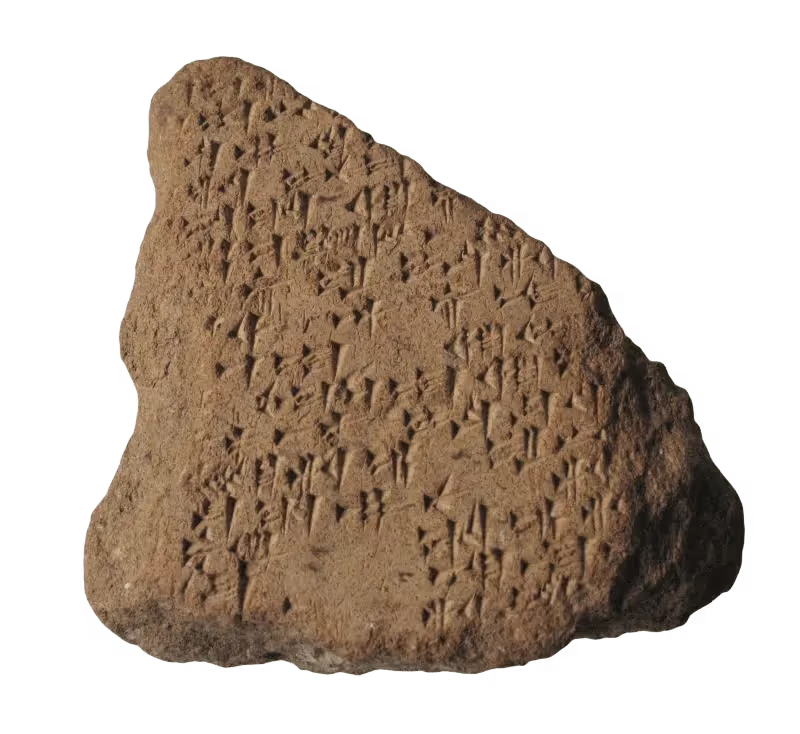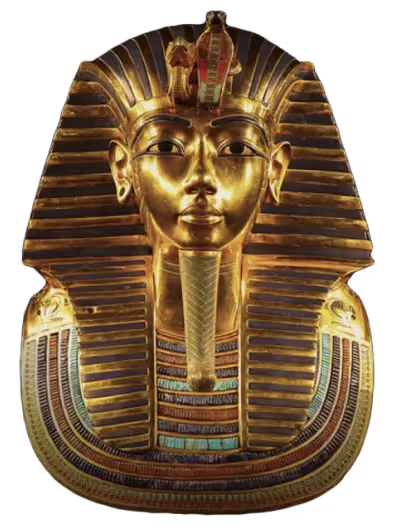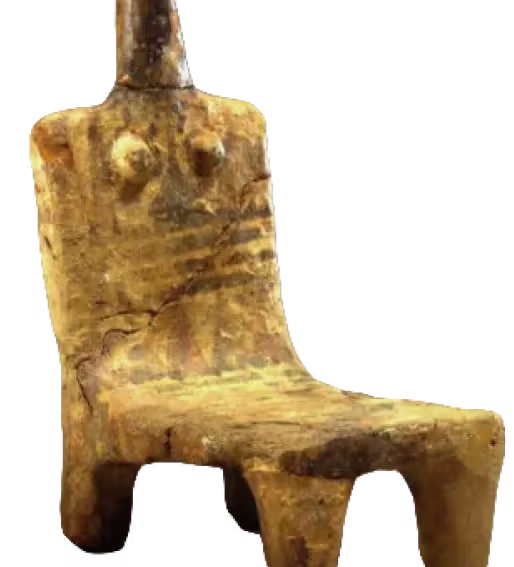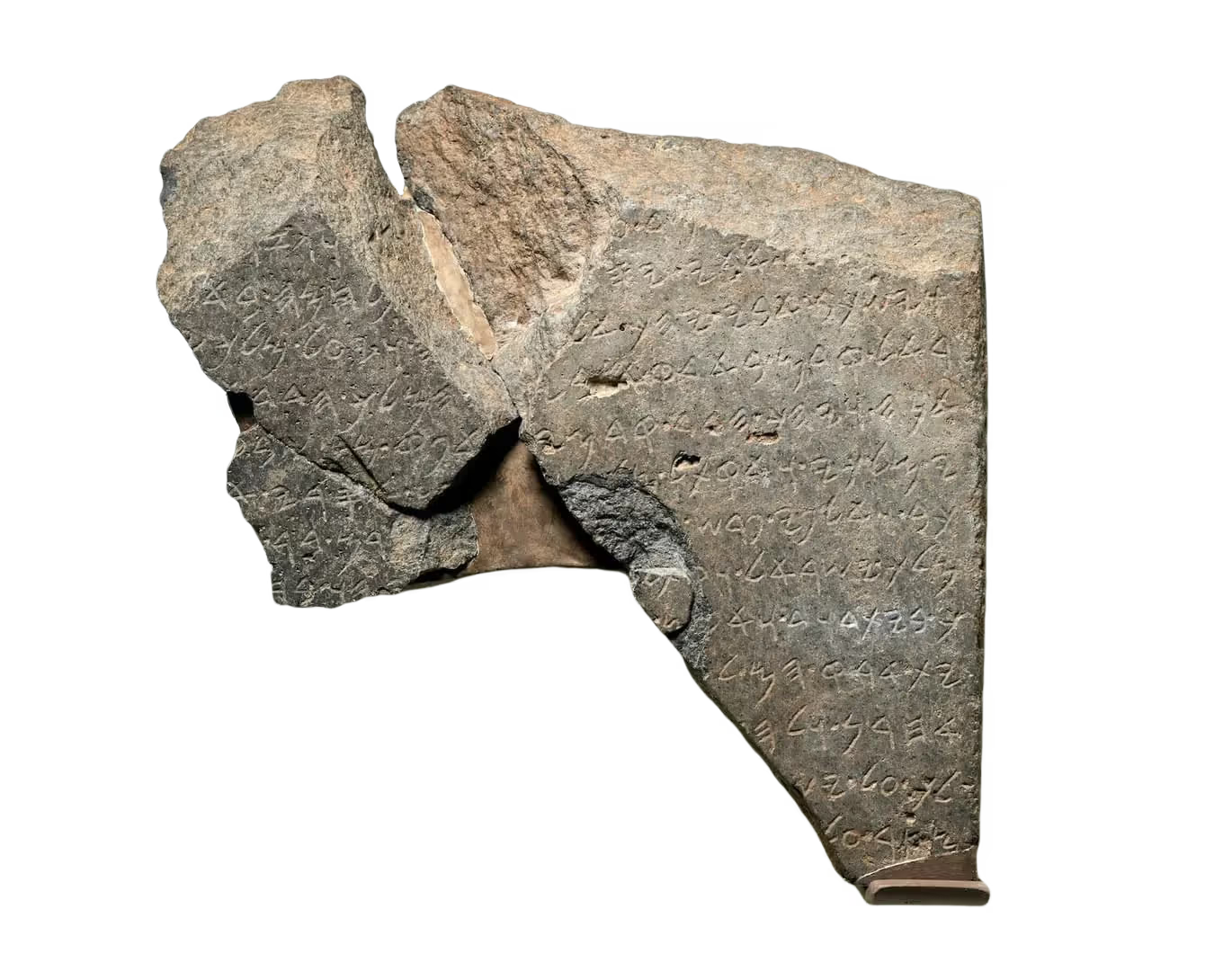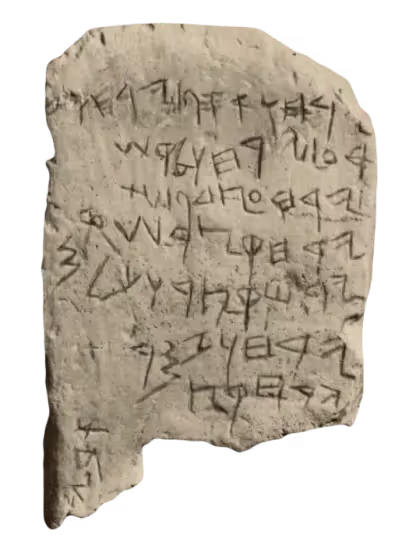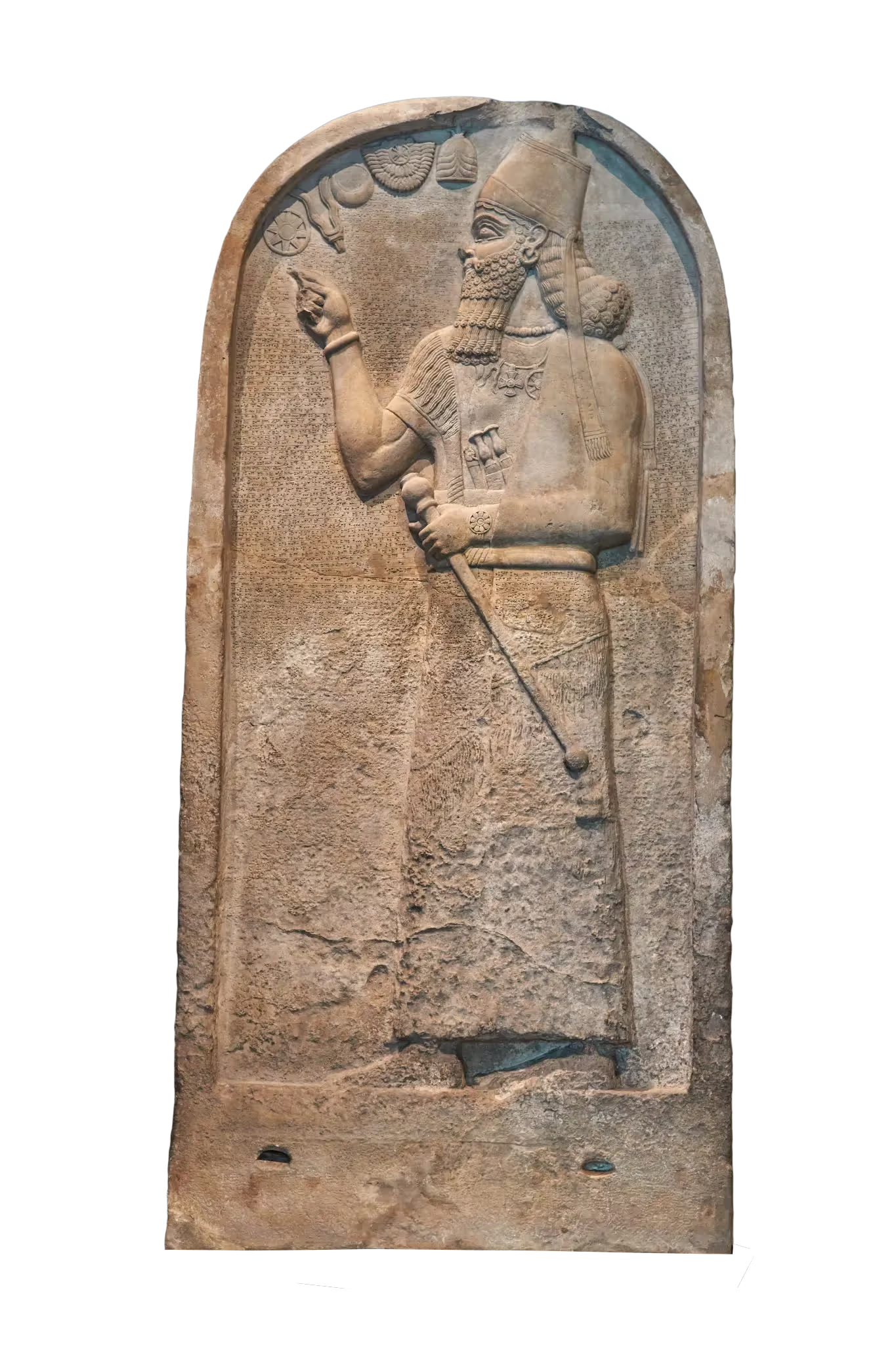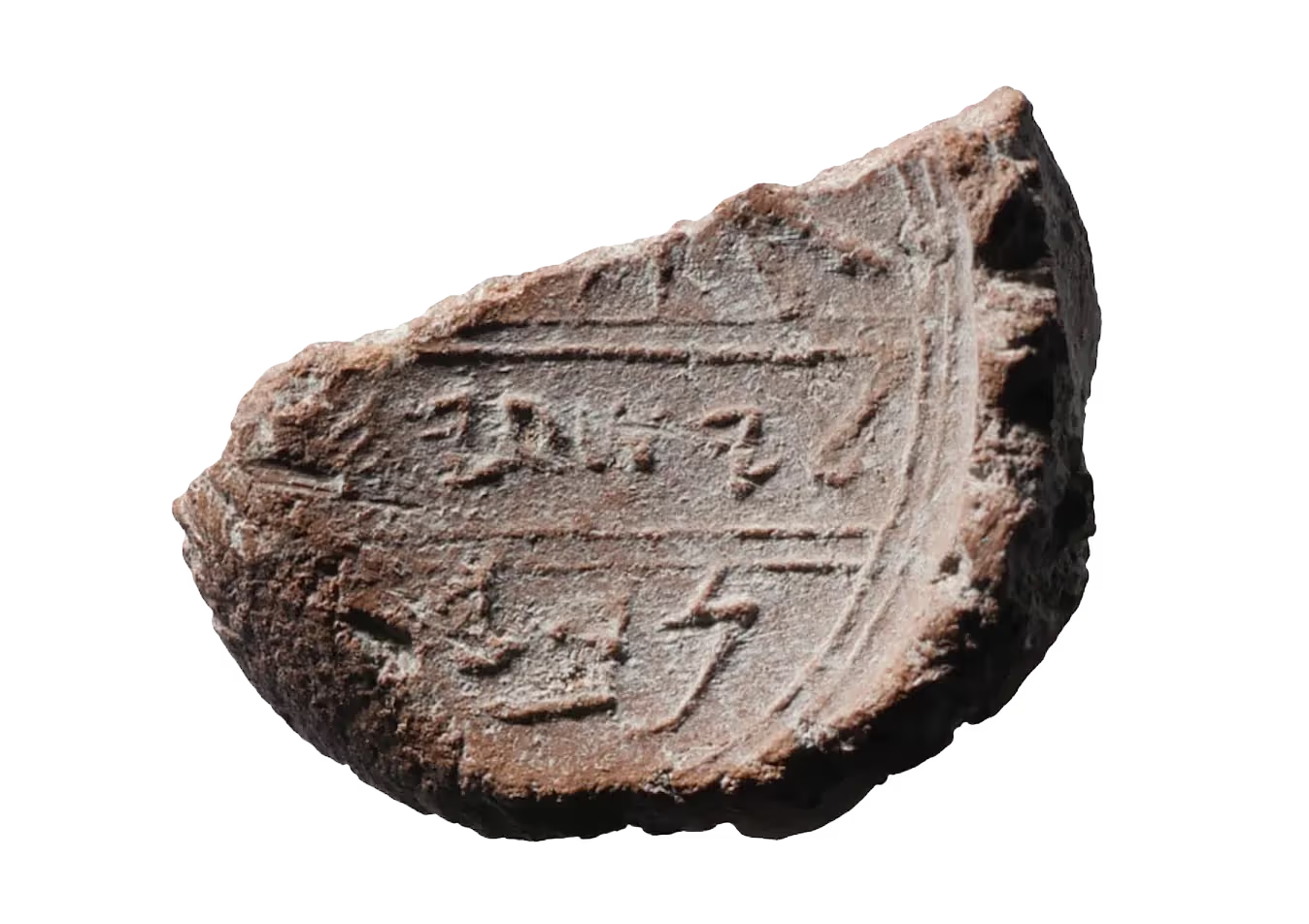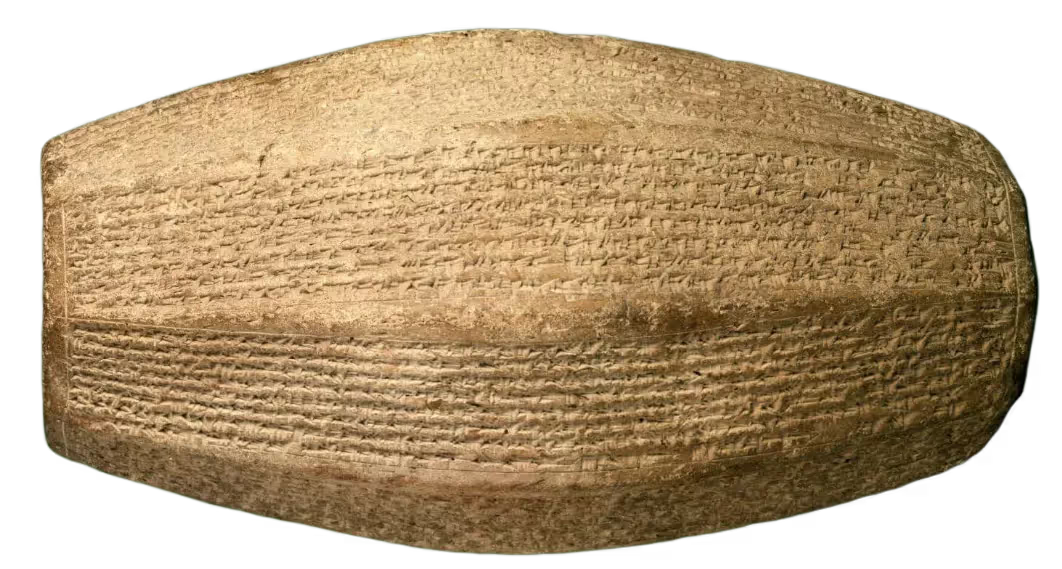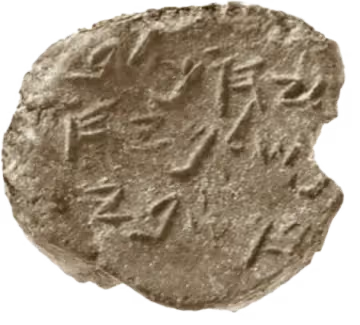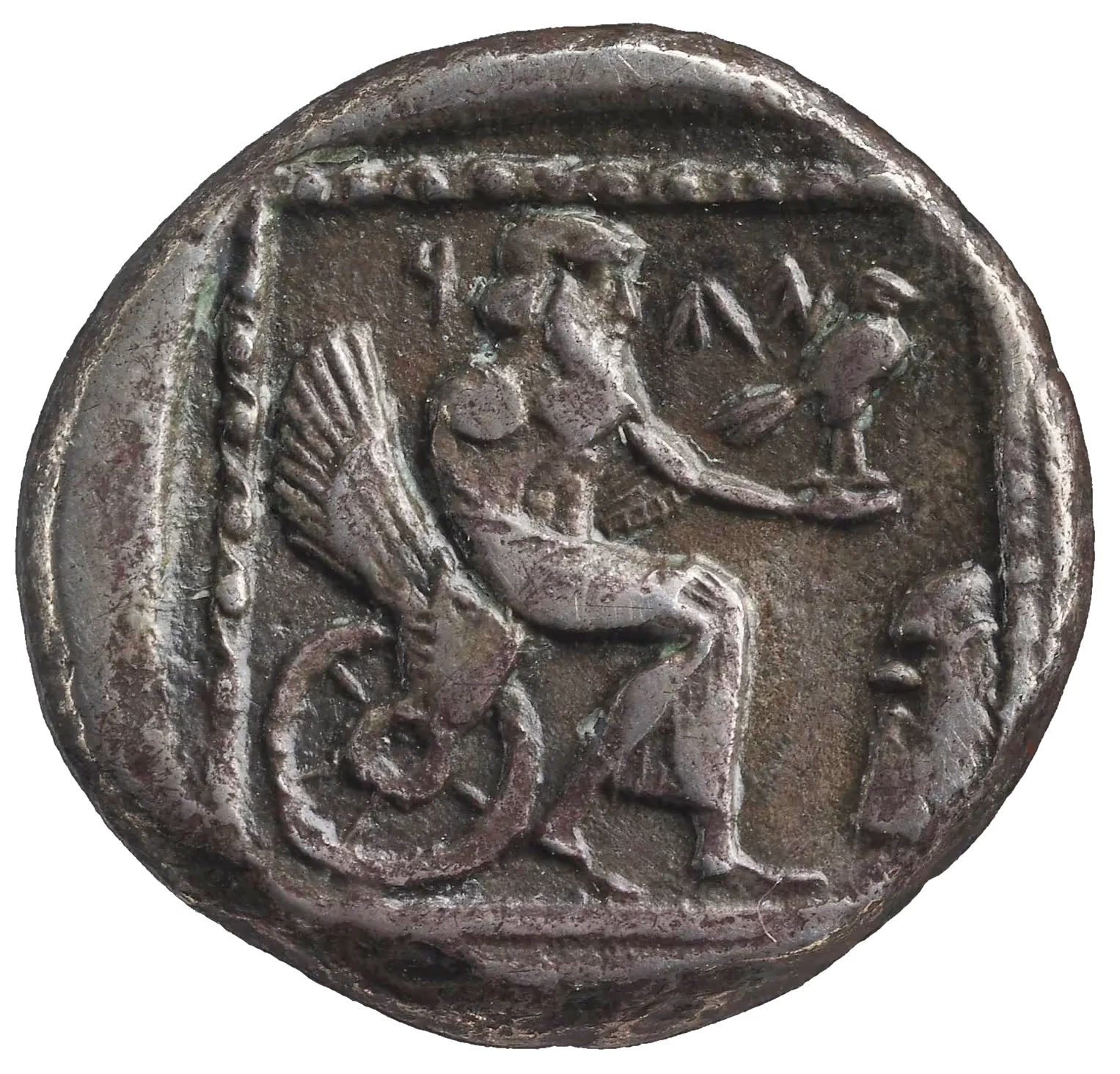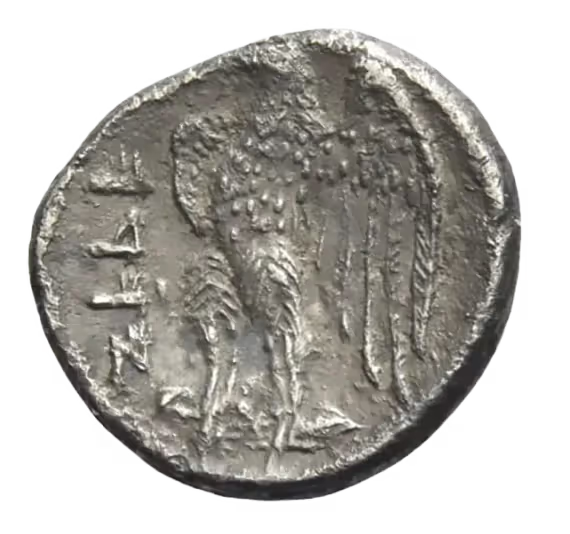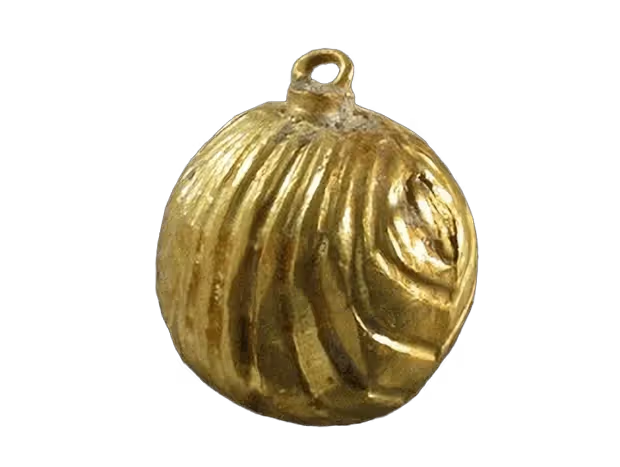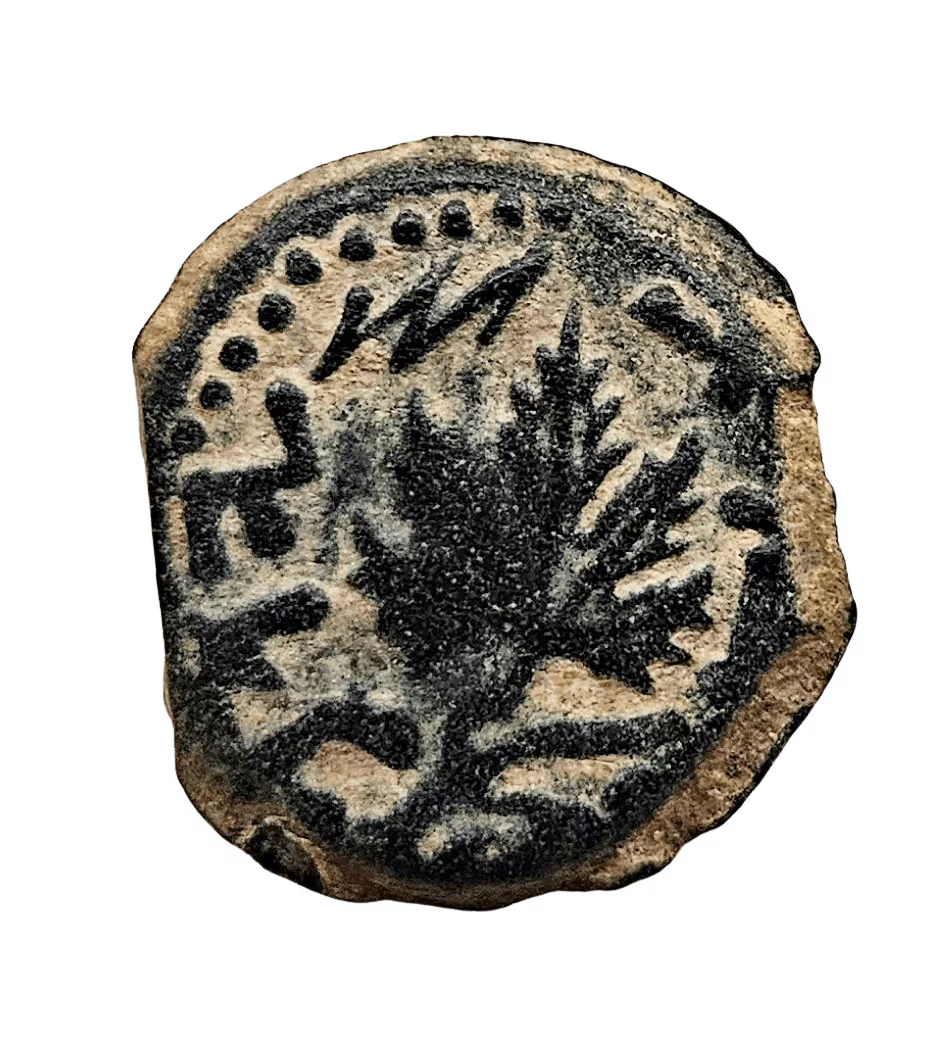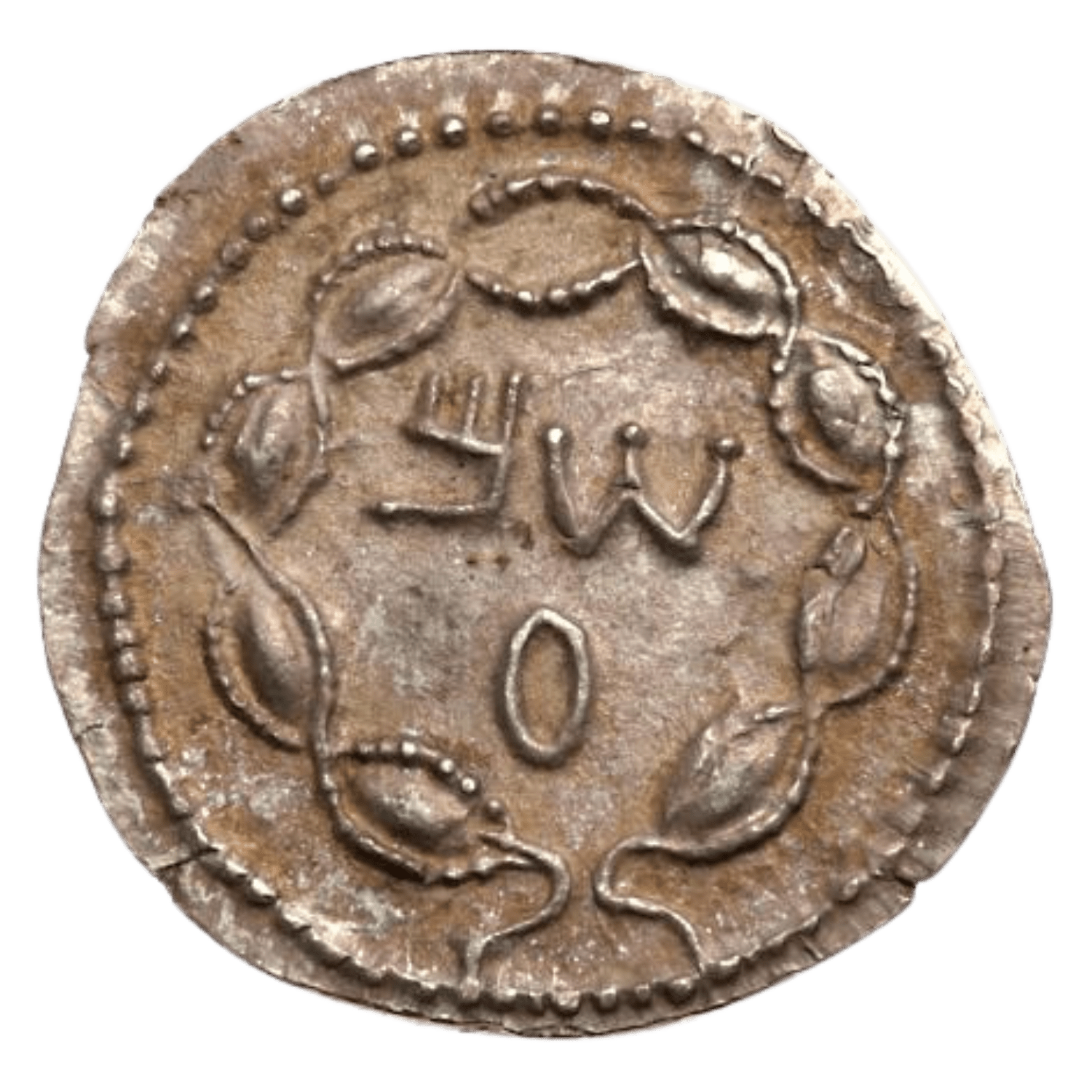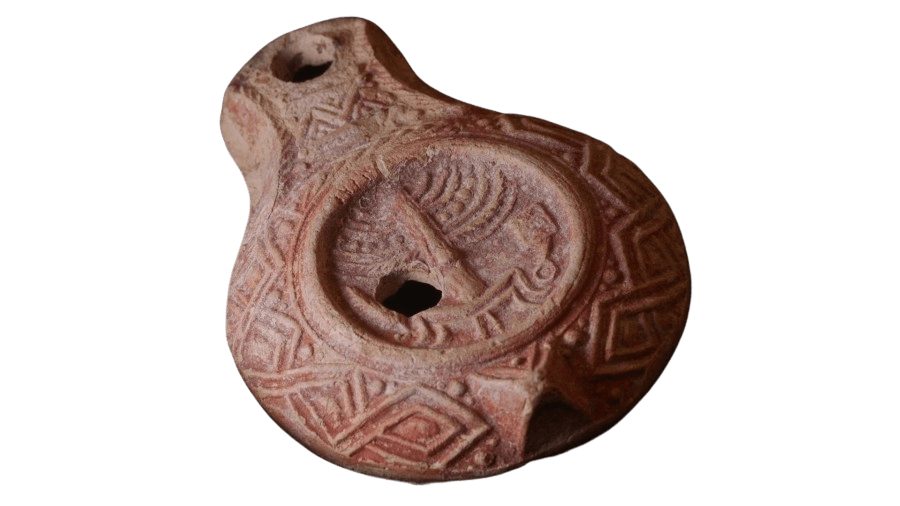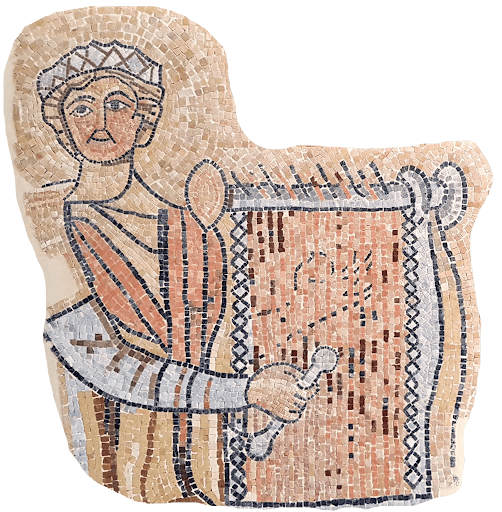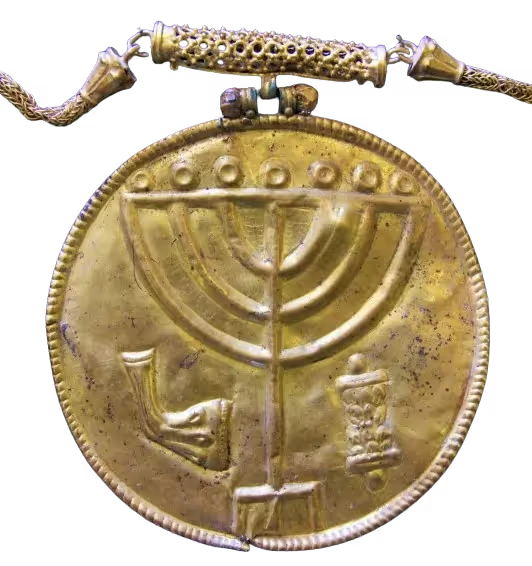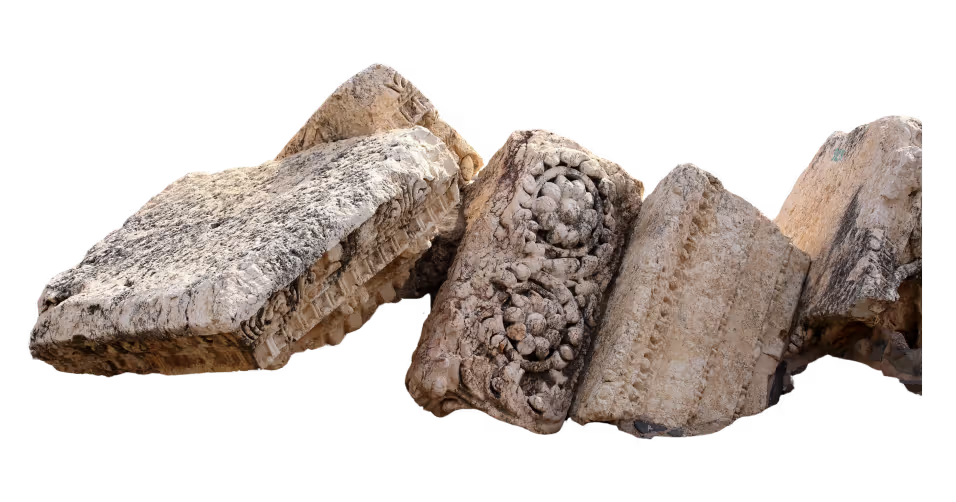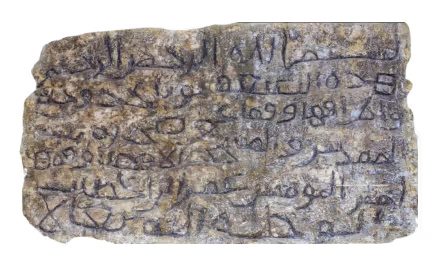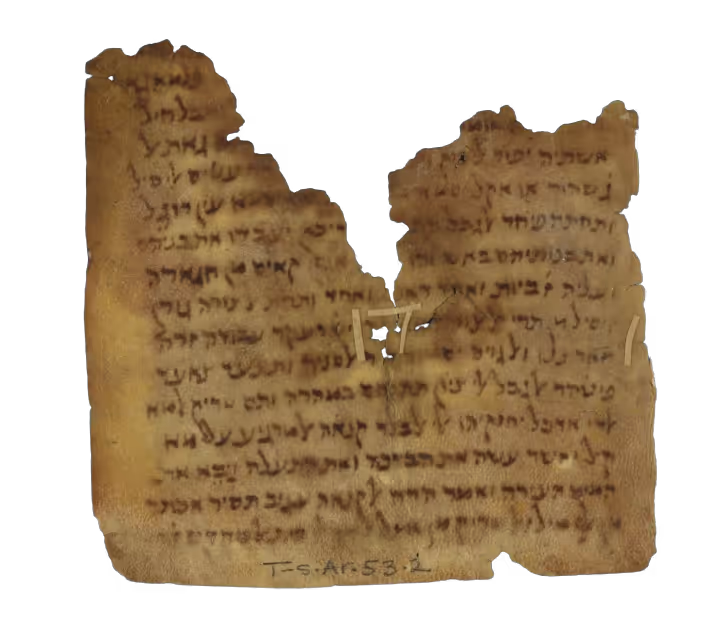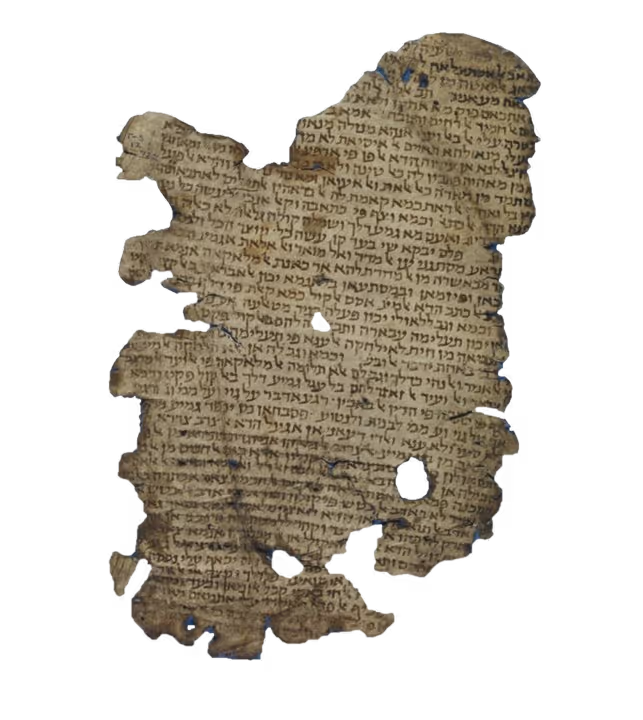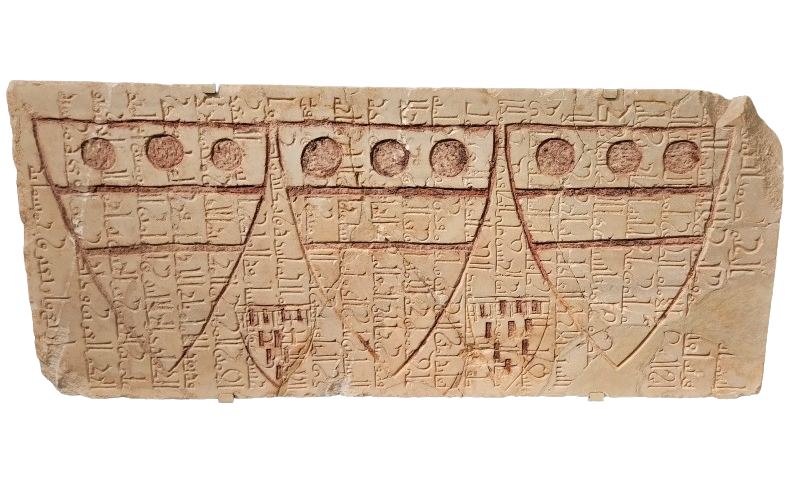400 - 300 BCE
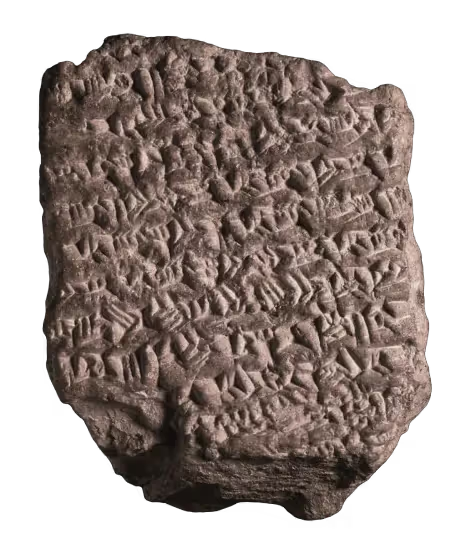
Hellenistic I
Alexander the Great in Jerusalem, Yehud Coin, Ptolemaic Era
Ezra and Nehemiah established the Men of the Great Assembly under a benevolent Persian rule. During the life of the last of the Men of the Great Assembly, Shimon HaTzaddik, rumours grew of a new threat. Greece. The origins of Greece remain a mystery. It spans centuries from the early Mycenaeans invaded by the Dorians, with their advanced culture consequently disappearing for centuries, only to reemerge to what we know as the classical Greek period during the 7th century BCE.
Ancient Greece was a group of warring city-states with the better-known Athenians and Spartans constantly at each other's throats. Regardless of the infighting, Greece succeeded in preventing the Persian Empire's attempts to push into the greater Europe area. Grecian feuds continued until all of Greece yielded to Phillip II of Macedon, preparing the way for his son, Alexander, to spread the Greek civilization across the known world, making itself felt in the Middle East.The Ancient Greek word Hellas from which the word Hellenistic was derived, was gradually recognized as the name for Greece.

.avif)
.avif)





